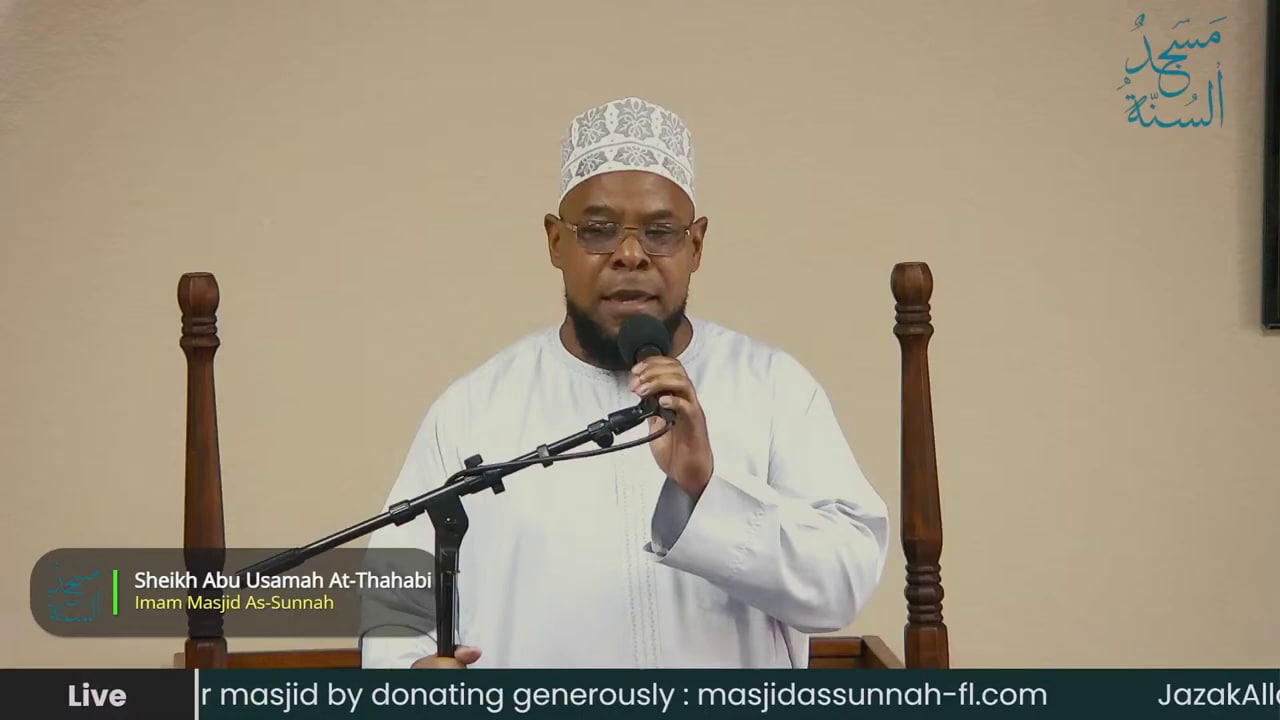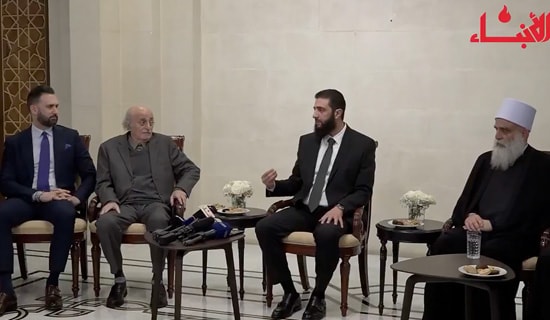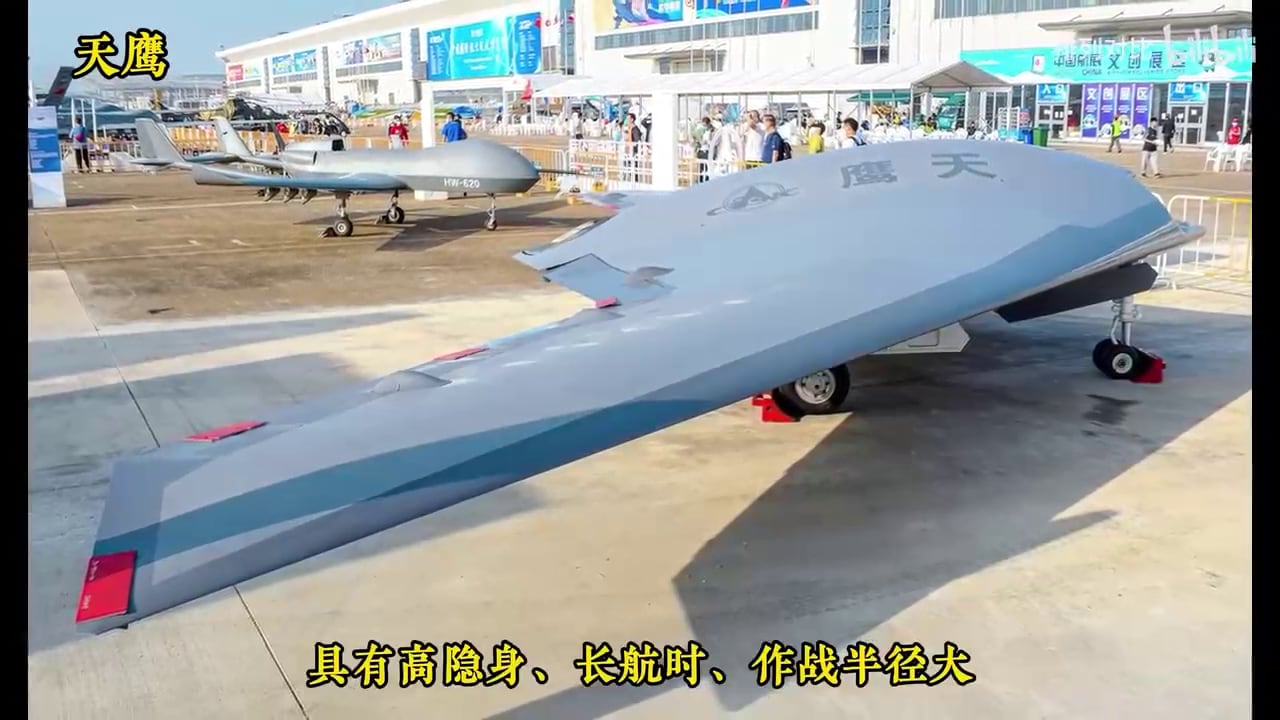
During a discussion of the recent destruction of a tunnel by Israel, in which several Hamas and Islamic Jihad members were killed, Al-Jazeera TV host Mahmoud Murad pressed Gaza political analyst Hamza Abu Shanab regarding the reaction of Hamas. Murad asked Abu Shanab what justification there was for Hamas keeping its weapons if it did not retaliate against such attacks. Abu Shanab said that Hamas no longer responded in a tit-for-tat manner to Israeli attacks, because this would be in the interest of Israel. The exchange took place during an October 31 program.
Mahmoud Murad: "If Hamas responds [to Israel's destruction of the Gaza tunnel], this might lead to another war on the already exhausted Gaza Strip, and might diminish the popularity of the resistance. If, on the other hand, the resistance remains silent in the face of this aggression, many might view this as betraying the martyrs."
Hamza Abu Shanab: "No. The equation between the resistance and the occupation is no longer... First of all, the resistance cannot betray [the martyrs] this way. The equation between the resistance and the occupation is no longer one of tit for tat. There are certain rules of engagement that the resistance has imposed in Gaza since 2014. The resistance tries to defend and consolidate these rules of engagement. There are measures that are taken by the Israeli occupation, and counter-measures taken by the resistance."
[...]
Mahmoud Murad: "If such attacks recur and the resistance does not respond, people will ask: What's the point of keeping the weapons [of Hamas]?"
Hamza Abu Shanab: "In my opinion, reducing the issue to sporadic incidents does not make sense."
Mahmoud Murad: "What if we are talking about ten such 'sporadic' incidents, for example? If you are talking about 'reducing' the issue to one incident, what about three or four recurring attacks in this context?"
Hamza Abu Shanab: "We are not talking about a specific attack. We are saying that the resistance deals [comprehensively] with what happened. The resistance no longer responds with an impulsive tit for tat. When we talk about the development of the capabilities of the resistance in more than one field, it is the resistance that decides when to engage in battle. It does not let the occupation calls the shots. If the resistance enters the fray at this time, in my estimate, the occupation is well prepared for such a scenario. In the event of a limited escalation, it will be the occupation that benefits from it."














